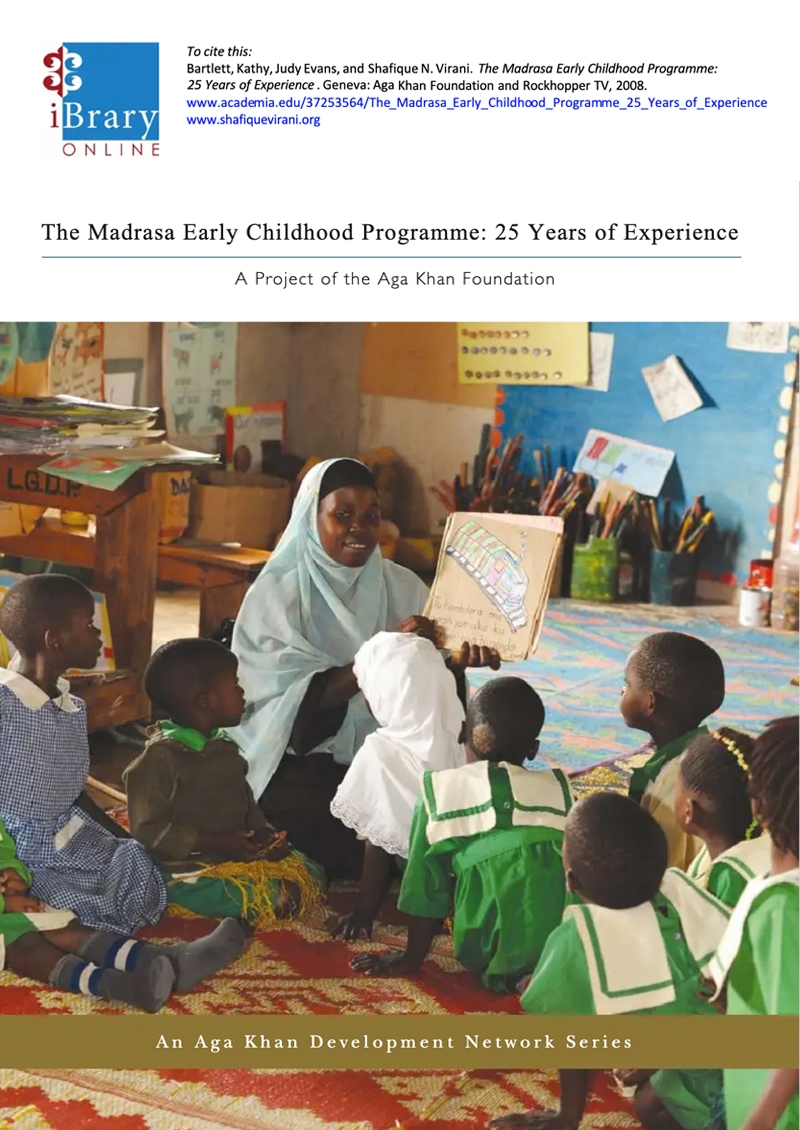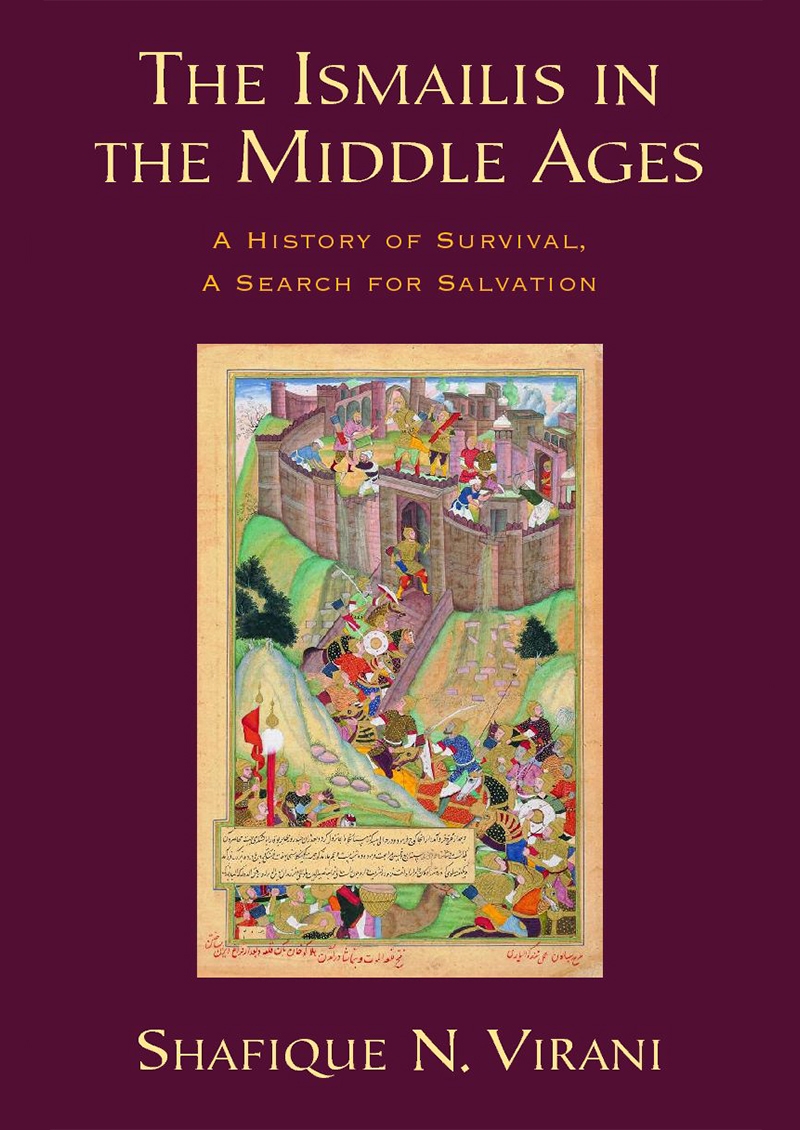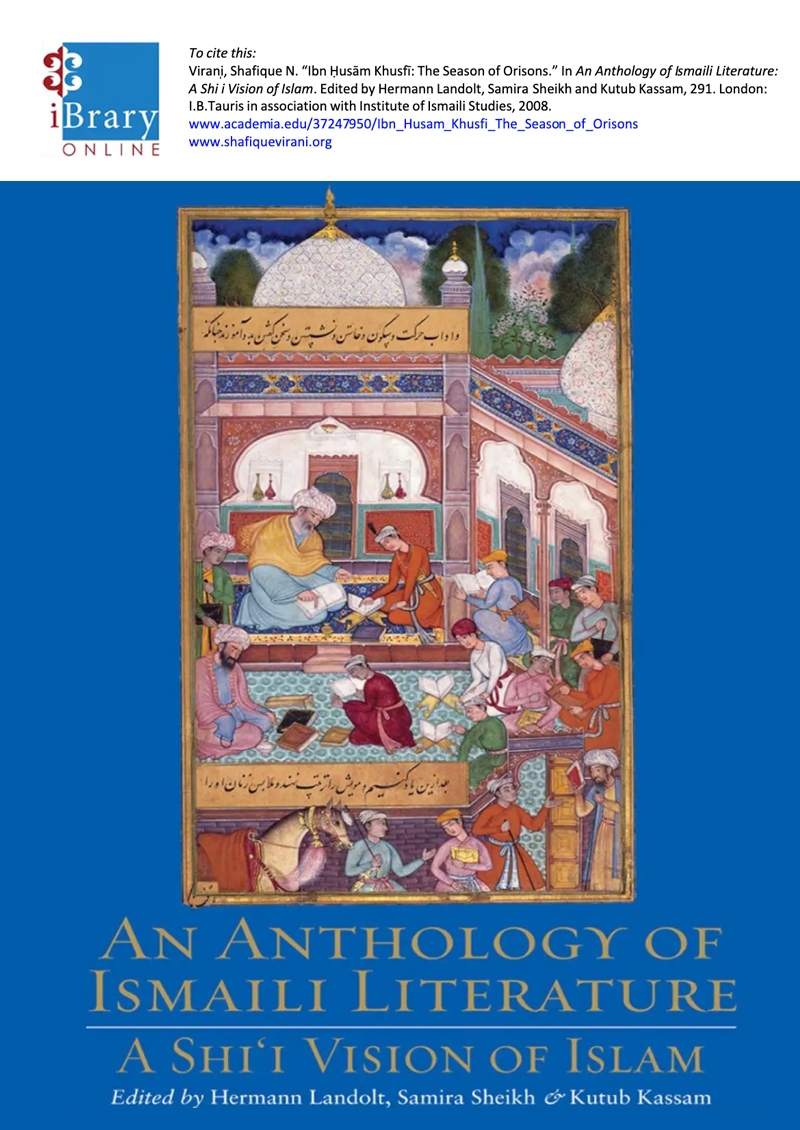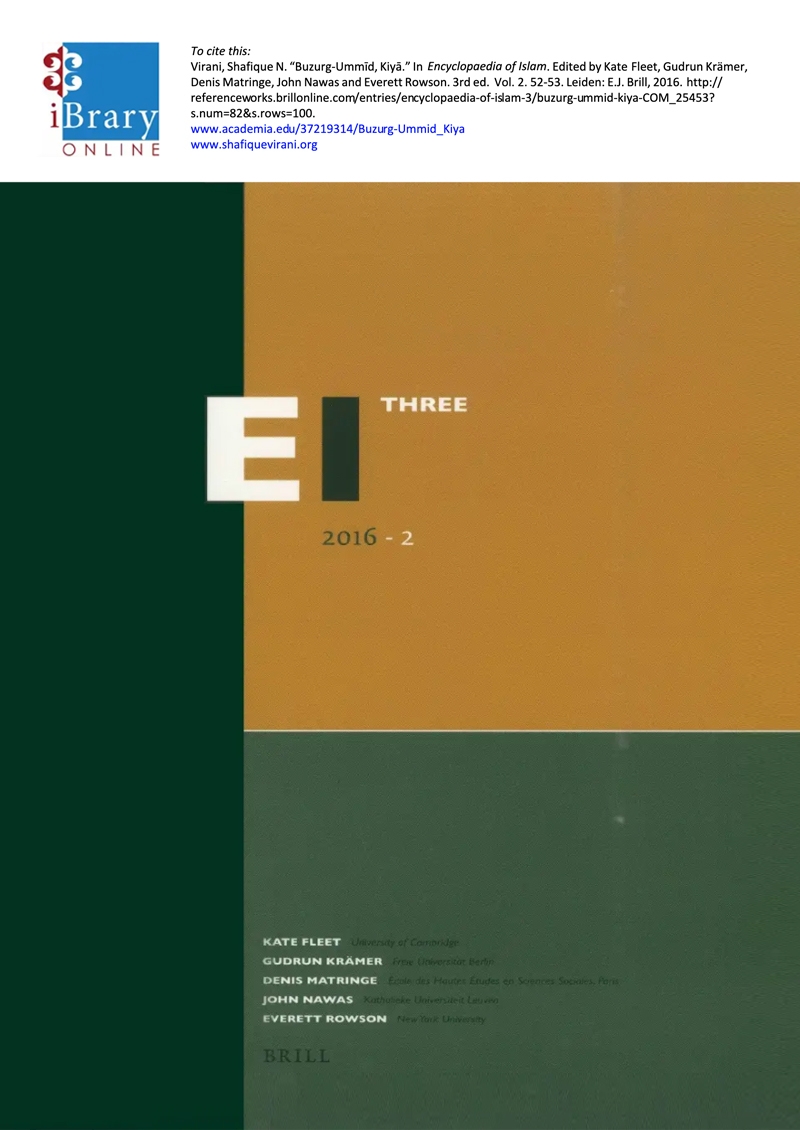Abstract:
This publication is the first in a series highlighting lessons and best practices that have emerged from programmes of the Aga Khan Development Network (AKDN). The purpose of the series is to share knowledge about successful programmes in the hope that it will aid governments, international aid organisations and local NGOs in the design, implementation and scaling up of development programmes. “Success” is defined as having had a positive impact on the overall quality of life.
The Aga Khan Foundation’s Madrasa Early Childhood Programme (herein referred to as the Madrasa Programme) operates in the three East African countries of Kenya, Tanzania and Uganda. Beginning as a pilot project at the request of the Muslim community in Mombasa, Kenya, it has gone on to help establish over 200 community pre-schools and teach over 67,000 children. Research findings demonstrate that the Madrasa approach makes a real difference in children’s cognitive development and later success in school. By discussing the development of the Madrasa Programme over the last 25 years and documenting the steps taken to maintain quality, relevance and impact, the AKDN hopes to offer the information and tools needed for the replication of similar programmes elsewhere in Africa and beyond.
Cite this publication:
Bartlett, Kathy, Judy Evans, and Shafique N. Virani. The Madrasa Early Childhood Programme: 25 Years of Experience. Geneva: AgaKhan Foundation and Rockhopper TV, 2008.
Share what you’re reading on social media
If you liked this, you may also enjoy reading




